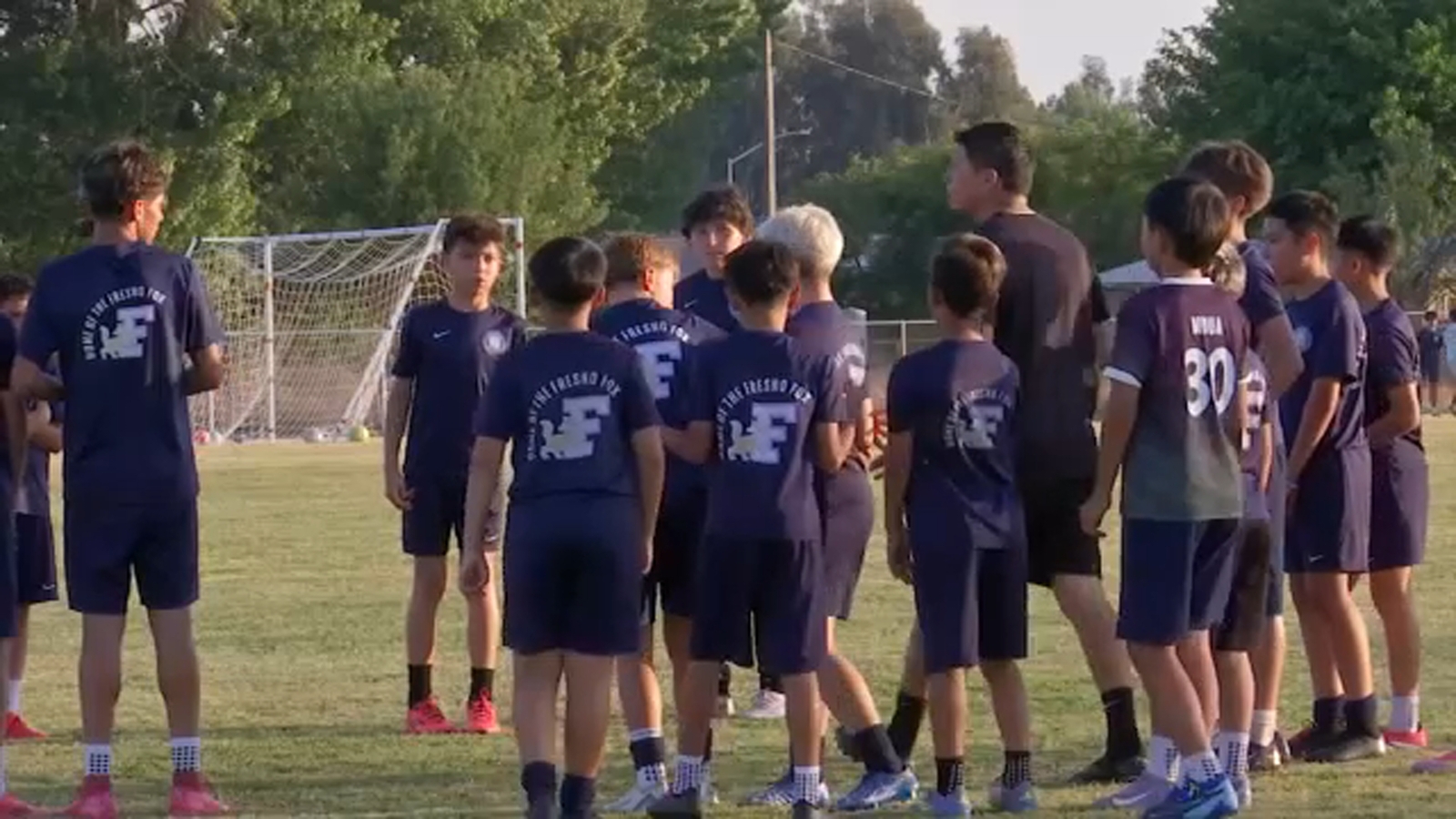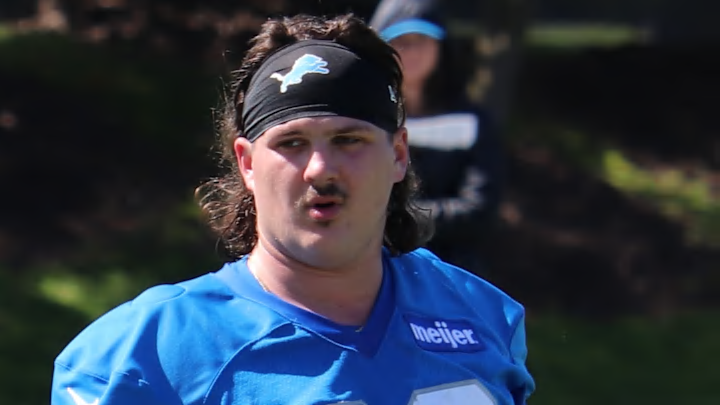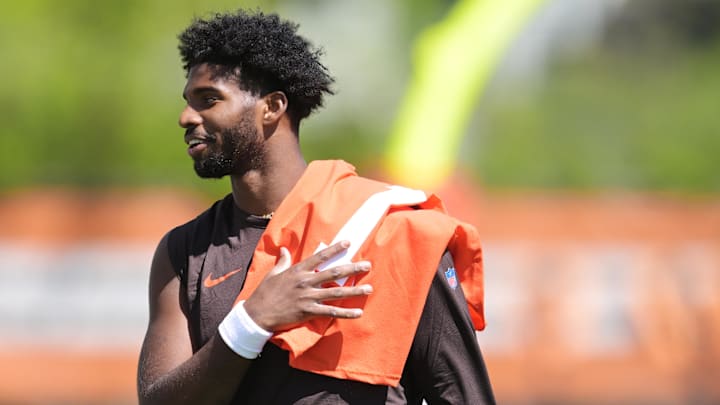In 1978, when Pope John Paul II had a swimming pool installed at the Vatican, it made more than just a ripple. A few Cardinals raised eyebrows at the cost—after all, it wasn’t exactly a drop in the holy bucket. But when word reached the Pope, he waved away the murmurs with a smile and said, “Cheaper than a conclave.
” For a man who lived and breathed his daily laps, it was a matter of staying afloat – literally and spiritually. John Paul II wasn’t just a man of prayer but also a man of play, once donning gloves as a goalkeeper in his native Poland. When he elevated the Archbishop of Buenos Aires, Jorge Mario Bergoglio, to the rank of Cardinal, he knew he was passing the torch to a kindred sporting soul.

The two are said to have often bonded over football – a sacred ritual in Argentina almost as fervent as Mass itself. Like many Argentine boys, Francis grew up with a football at his feet. But if you’re imagining a future Messi or Maradona in the making, think again.
The young Jorge wasn’t quite dancing past defenders – he later admitted he had “hard feet,” and his friends didn’t let him forget it. Still, his love for the game never waned. As Pope, Francis became a spiritual coach to athletes the world over.
When meeting footballers at the Vatican, he preached the gospel of teamwork. “Football is a team sport. You can’t have fun alone.
Teamwork leads to dream work,” he told them. “Team spirit nourishes both the mind and the heart, especially in a world overwhelmed by individualism.” True to his roots, Francis remained a die-hard fan of San Lorenzo, the club founded in 1908 by Father Lorenzo Massa.
The fans, affectionately known as “the Crows” (in honor of the founder’s black cassock), shared a special bond with their most famous supporter. The Pope held membership number 88,235 and faithfully paid his annual dues till the very end. Fittingly, the club now plans to name their new stadium after him – a tribute cast in stone for a man of faith and football.
Asked once to name the greatest among Pele, Messi, and Maradona, the Pope didn’t pull any punches. “Maradona as a player was great, but as a man, he failed,” he said, speaking truth with grace. It’s the same sentiment that most sports lovers share about the Argentine great, whose ‘hand of God’ sent England packing in the 1986 FIFA World Cup.
Yet when Maradona passed, Francis offered prayers for his fallen compatriot – a reminder that compassion, not condemnation, was his style of play. To sportsmen chasing glory, Francis offered a word of caution. “Don’t let success go to your head,” he said.
“Remember your journey – one of sacrifice, victories, and battles. True greatness lies not just on the scoreboard, but in how you live your life.” In the wake of the Pope’s passing, both Argentina and Italy postponed their sporting events – a moment of silence for a voice that echoed across locker rooms as much as it did from pulpits.
Tributes came flooding in. Lionel Messi wrote, “You were a different, approachable Pope. Thank you for making the world a better place.
We will miss you.” Gianluigi Buffon, Italy’s legendary goalkeeper, added, “Francis illuminated his era like only the greatest can. He moved our souls.
I’ll carry his example forever in my heart.” by Rex Clementine.
Sports

A Pope who played the game right

In 1978, when Pope John Paul II had a swimming pool installed at the Vatican, it made more than just a ripple. A few Cardinals raised eyebrows at the cost—after all, it wasn’t exactly a drop in the holy bucket. But when word reached the Pope, he waved away the murmurs with a smile and [...]















